Electrical Project Engineer Bella Ekrami is a motivated and goal-orientated engineer with several years of experience in electrical building services for industrial, commercial and domestic projects.
She has delivered engineering design on a wide range of projects and enjoys liaising closely with project stakeholders such as clients, builders and architects to ensure projects run smoothly and are completed on schedule.
Bella takes some time out of her day to talk about her inspirations, innovations in electrical engineering and one of her favourite recent projects, the Department of Health NWOW fitout in Canberra.
What inspired you to become an engineer?
What has always fascinated me about engineering is that everything we see around us is designed or built by an engineer. They have the unique ability to turn ideas into reality, making the impossible achievable through their skills and expertise. Nothing is more incredible than the fact that if something can be imagined, an engineer can make it possible!
Why electrical engineering?
Electrical engineering is an incredibly versatile career that spans across numerous fields. In electrical engineering, you can easily find your niche within it, whether it be in power distribution, renewable energy generation, manufacturing installations, robotics and automation, IT or even the mining and gas industry. Electrical engineering will continue to be an enduring profession, it’s evergreen!
What’s your career highlight project?
The Department of Health New Ways of Working (NWOW) is a big fitout program that includes the Sirius Building at 23 Furzer Street in Woden, ACT. It’s an A grade building comprising 10 commercial floors and two levels of basement parking across a total of 46,167 m². The campus-style office building was purpose built in 2010 for the Department of Health and Ageing to accommodate 3,000 staff.
NDY provided new fitout services and modification base building services to suit the fitout, including electrical, lighting design and lighting control, voice and data communications, audio visual equipment and security.
Tell us about the electrical engineering on this project.
This project is one of the largest current office fitouts in Canberra. It features spacious floors and architectural diversity, providing a wide range of lighting solutions. This diversity poses a challenging task to meet both the architectural needs and comply with standards.
What innovative new approaches are you seeing when it comes to electrical engineering?
Machine learning (ML) is becoming increasingly prevalent in modern society and it has significant impact on all areas of our life, including electrical engineering. ML in building services can contribute to energy efficiency and optimisation by making intelligent predictions, and suggesting actions to minimise energy waste, as well as enhance system performance. For example, ML can be used to adjust lighting based on occupancy patterns, ensuring that energy is only used when needed and identifying areas where energy is being wasted and it can suggest adjustments to optimise energy efficiency.
Where do you see the future of electrical engineering heading?
The electrical engineering sector is experiencing a significant transformation, with a strong focus on enhancing various aspects of our lives. In particular, the building services field is being driven by the imperative need for energy efficiency, sustainability and smart technologies. Electrical engineers will continue to hold a vital position in shaping the future of buildings with the goal of energy savings and environmental responsibility.
What is it like to be a young engineer in electrical engineering?
The field is both dynamic and stimulating. As a young engineer, your journey is marked by constantly learning new concepts and methodologies. Also, you will have the chance to learn from every moment you spend on a project, as well as working on a diverse range of projects and collaborating with experienced professionals who can mentor and guide you. This phase is vital for establishing a solid foundation of technical skills and expertise.
If you feel comfortable to do so, tell us a bit about your background (culturally).
I am originally from Iran, which for thousands of years was known as Persia. I was born and raised in the north of Iran, a beautiful area surrounded by the Caspian Sea and breathtaking jungles, blessed with lush green nature. Iran is a country with one of the most diverse cultures in the world, and Persian culture, with its 5,000 years of history, is incredibly rich. Iranian people take great pride in their ancient culture, which encompasses art, poetry, music and literature.
How does diversity of background and thought influence how you deliver your projects?
I believe our thoughts are shaped by our background, culture, experiences and individual personalities – diverse thoughts allow for more ideas. This diversity of talent means a broader range of skills among employees, as well as a mix of experiences and perspectives which increase the potential for overall productivity.






